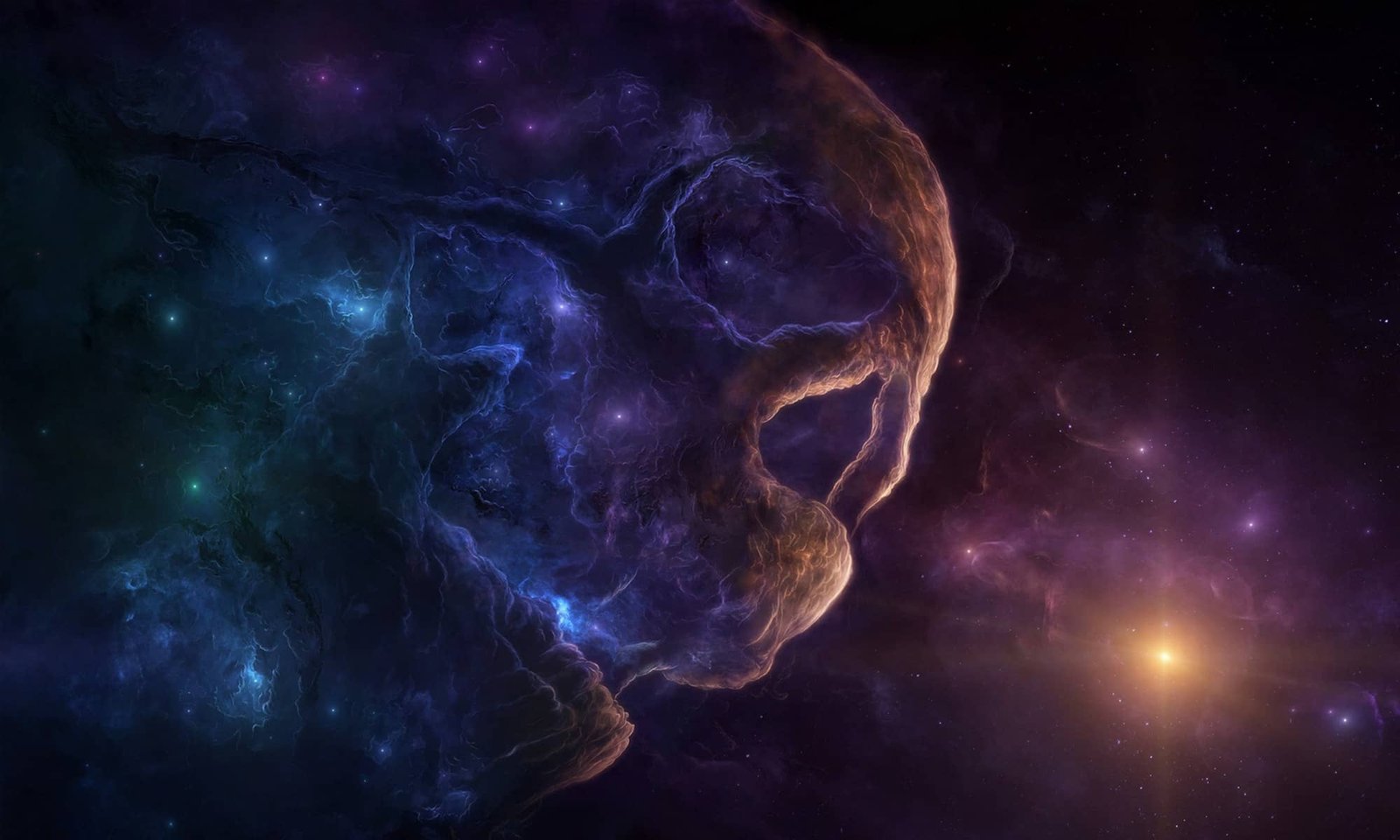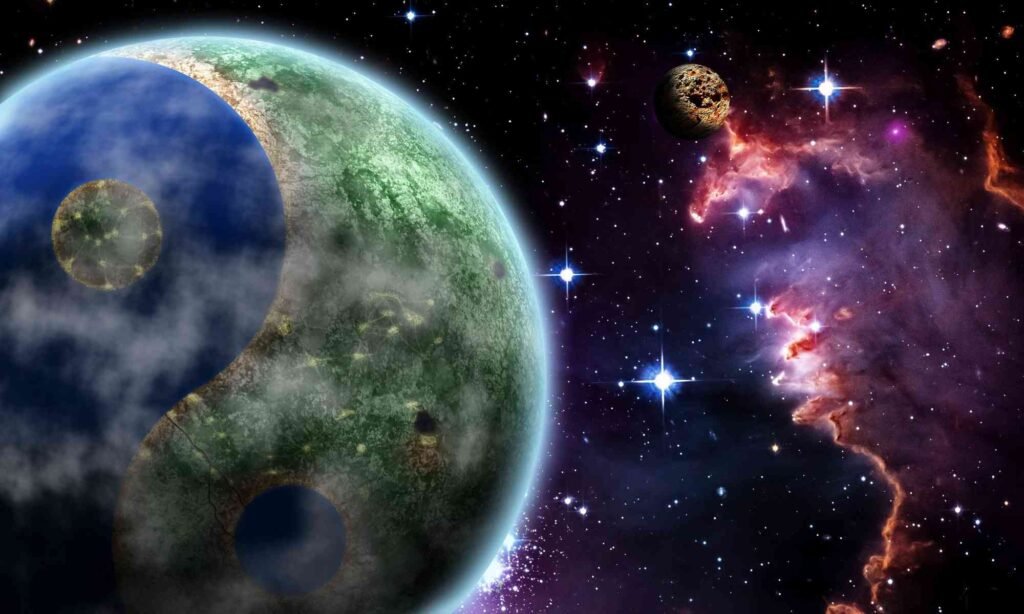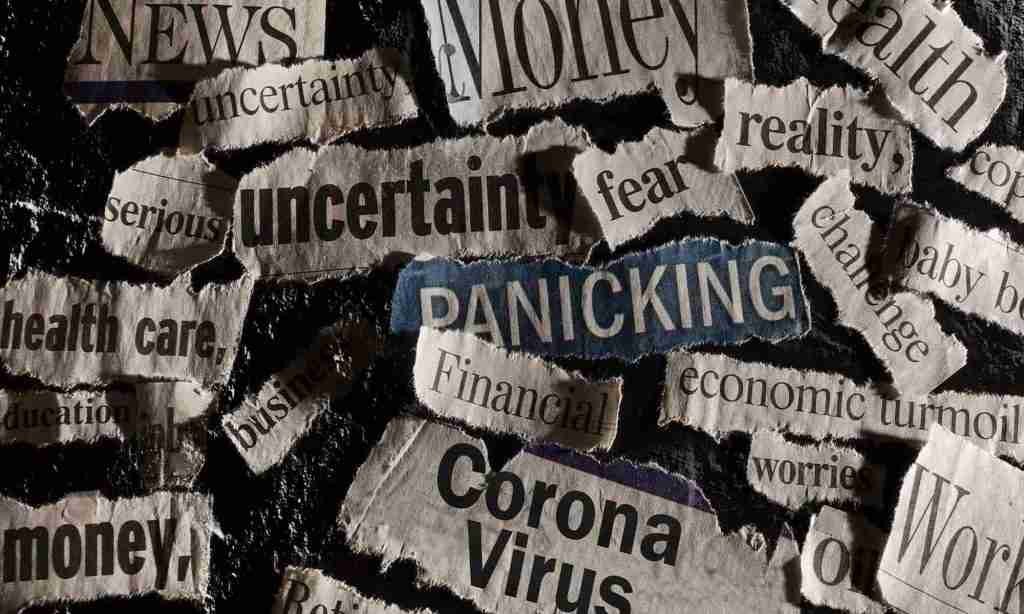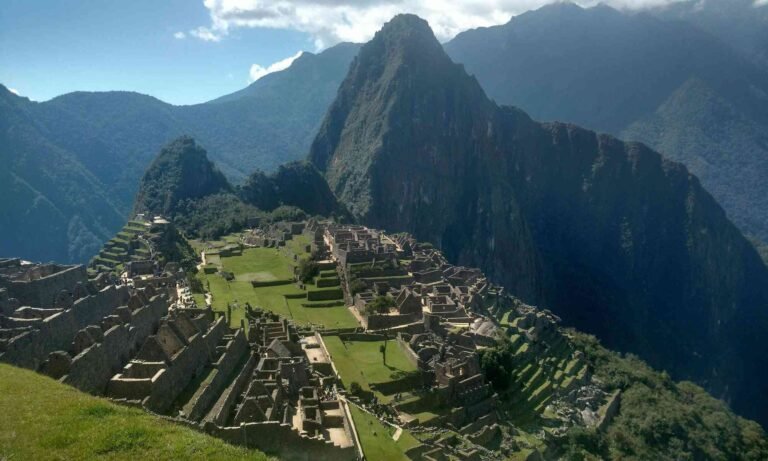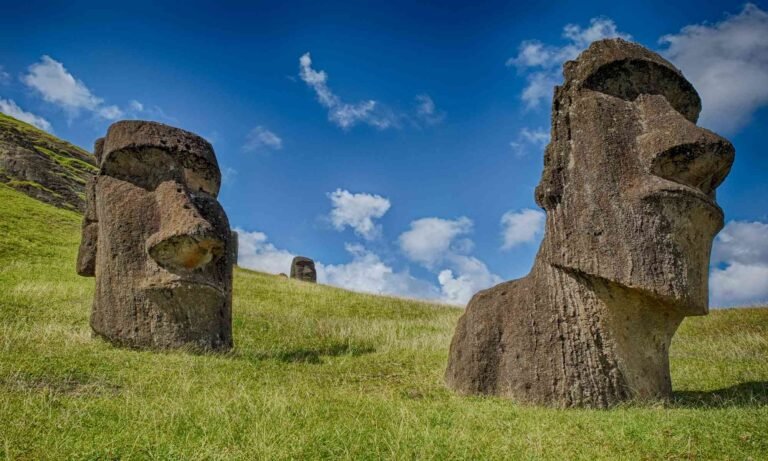At its core, cosmic horror embodies a profound sense of existential dread, serving as a thematic framework through which humanity confronts its own insignificance in the enormity of the universe. This philosophical inquiry delves into the unknown, challenging individuals to grapple with concepts that feel both terrifying and liberating.
The insignificance of humanity is a recurring theme in cosmic horror. Unlike other horror genres that may focus on tangible threats, cosmic horror emphasizes the vastness of existence, suggesting that human concerns are trivial in the grand scheme of the cosmos. This realization can lead to feelings of helplessness or anxiety, as individuals confront the idea that they are mere blips in an unfathomable reality. By highlighting this perspective, cosmic horror encourages an exploration of what it means to be human in a universe teeming with unpredictable forces and incomprehensible truths.
Moreover, the confrontation with the unknowable is central to the psychological impact of cosmic horror. The genre posits that there are cosmic entities or truths that exist beyond human comprehension. This confrontation often invokes trepidation, as individuals are faced with the limitations of their understanding. The fear of the unknown can provoke intense emotions, leading to a state of existential questioning. Here, cosmic horror acts as a mirror, reflecting back humanity’s fears and uncertainties regarding its place in a vast, indifferent universe.
In synthesizing these fundamental elements, cosmic horror engages with deep philosophical implications, urging individuals to reassess their views on existence, knowledge, and their role within the larger cosmic order. This examination of significance, or lack thereof, ultimately cultivates a unique blend of fear and fascination, encouraging a profound reflection on both the human condition and the mysteries that lie beyond our comprehension.
Cosmic Horror and Cosmic Balance
Cosmic Balance embodies the idea that the universe operates within a framework of order, where opposing forces – creation and destruction, chaos and harmony – interact to sustain equilibrium. Unlike chaos, which dismantles structure, cosmic balance suggests a fundamental interconnectedness, ensuring that existence unfolds within a set of governing principles. Gravity holds celestial bodies in place, ecosystems rely on symbiosis, and even philosophical traditions emphasize harmony in human and cosmic affairs. This balance doesn’t imply perfection but rather a dynamic interplay where each force contributes to the whole.
So, psychologically, cosmic balance offers reassurance against existential uncertainty. It presents the universe not as a hostile void but as an intricate system, where cycles of life, death, and rebirth reinforce continuity rather than meaninglessness. Spiritual concepts like karma, dharma, and yin-yang reflect this equilibrium, underscoring the idea that actions ripple through existence, maintaining order. Whether viewed scientifically or philosophically, cosmic balance challenges the notion of pure randomness and suggests that even amidst vast unknowns, the universe operates with a profound, if elusive, symmetry.
The Psychological Impact of the Unknown
Cosmic horror, a genre that evokes feelings of Trepidation, unsettling dread, and disorientation, significantly influences the psychological landscape of individuals confronted with its themes. Central to this phenomenon is the acute awareness of the limitations of human existence and the vast, indifferent cosmos that surrounds us. The recognition of our insignificant status in the universe can precipitate profound anxiety, as individuals grapple with the uncertainties that lie beyond their knowledge. This existential predicament often leads to a fear of the unknown, manifesting as an underlying tension that permeates daily life.
Psychologically, these feelings of trepidation and anxiety may arise from the innate human desire for control and understanding. When faced with the incomprehensible, such as the immense complexity of the cosmos or the potential existence of malevolent entities, this need is challenged. Individuals can experience heightened levels of fear and existential crises, questioning the fundamental nature of reality and their own purpose within it. The fear of the unknown becomes a debilitating force, manifesting in various expressions, from avoidance behaviors to obsessive thoughts.
Moreover, personal experiences and perceptions significantly shape an individual’s relationship with the unknown. For some, exposure to themes of cosmic horror in literature or film offers a cathartic release, allowing them to confront their fears in a safe environment. For others, these themes may exacerbate anxieties, prompting spirals of trepidation and dread that affect mental health. Insights from psychology illustrate how such encounters with the unknown can trigger responses rooted in survival instincts, where the mind interprets uncertainty as a threat. Ultimately, the psychological impact of cosmic horror prompts a complex interplay between fear and curiosity, influencing human behavior and perceptions of reality.
Personal Experiences and Cosmic Trepidation
Cosmic horror, while frequently portrayed in the realms of literature and cinema, transcends fiction and finds its manifestation in our daily lives. Individuals may encounter feelings of deep unease when faced with the vastness of nature or the infinite expanse of the universe. These experiences evoke a unique blend of awe and dread, prompting philosophical reflections on our place within the cosmos. For many, standing beneath a starlit sky can evoke an overwhelming sense of insignificance, emphasizing the sheer scale of the universe and our fleeting existence. The realization that we are but a minuscule part of an unfathomable cosmos can trigger existential thoughts, engendering a form of cosmic horror.
In addition to celestial encounters, natural landscapes can serve as potent reminders of nature’s unfathomable power. For instance, witnessing a towering mountain range or the desolation of an expansive desert can induce feelings of trepidation. These grand images of nature may provoke individuals to confront their vulnerabilities in the face of such overwhelming forces. This confrontation often leads to reflection on the fragility of life and the relentless passage of time – a theme central to the narrative of cosmic horror. Personal anecdotes of such experiences reveal a common thread: the human fascination with the unknown, coupled with a simultaneous fear of it.
Beyond physical encounters, cosmic horror often creeps into our minds through philosophical inquiry. Contemplating the vastness of time and the potential for otherworldly life forms can stir a profound sense of disquiet. The questions surrounding existence – What are we? Are we alone? – lend themselves to feelings of trepidation rooted in the unknown. Such reflections often encourage individuals to explore their beliefs and values, deepening their understanding of the human condition. This spectrum of experiences highlights that cosmic horror is not just a narrative device, but a profound aspect of human existence that invites reflection and exploration.
Confronting Cosmic Horror: Acceptance and Understanding
In the face of cosmic horror, individuals often experience a profound sense of insignificance and anxiety about the unfathomable realities of existence. Confronting these feelings requires a multifaceted approach that fosters acceptance and understanding of the unknown.
- One effective strategy for managing the trepidation of cosmic horror is mindfulness. By cultivating present-moment awareness, individuals can observe their thoughts and feelings without judgment, reducing anxiety tied to existential concerns. Mindfulness techniques, such as meditation and deep breathing, create mental space where cosmic horror’s weight can be acknowledged without overwhelming consciousness. This practice enhances emotional resilience and fosters appreciation for the fleeting nature of existence. Embracing life’s uncertainties encourages acceptance that, while we may be insignificant in the grand scale of the universe, our experiences and connections hold intrinsic value.
- Philosophical acceptance further aids in confronting cosmic horror. Engaging with existential philosophy can provide a framework through which individuals can explore their fear of the unknown. By studying the works of philosophers who grapple with themes of existence and absurdity, such as Albert Camus or Jean-Paul Sartre, individuals can gain insights into the human condition and recognize that feelings of dread are a shared experience. This understanding fosters a sense of unity among those who wrestle with similar fears.
- Community discussions also play a crucial role in alleviating the burdens of cosmic horror. By sharing thoughts and experiences with like-minded individuals, people can mitigate the isolation that often accompanies existential anxiety. Open dialogues create opportunities for collective exploration of the mysteries of life and the universe, enabling participants to support each other in finding meaning amid the chaos. Such communal engagement enriches our perspective on existence, emphasizing the beauty that can flourish even in the face of uncertainty.
What’s More
The posts in My Blog feature reflective, story-driven pieces rooted in personal and societal insights.
The topics in My Interests explore abstract, philosophical ideas and their cultural and societal impact.
👁️ 8,021 Views

